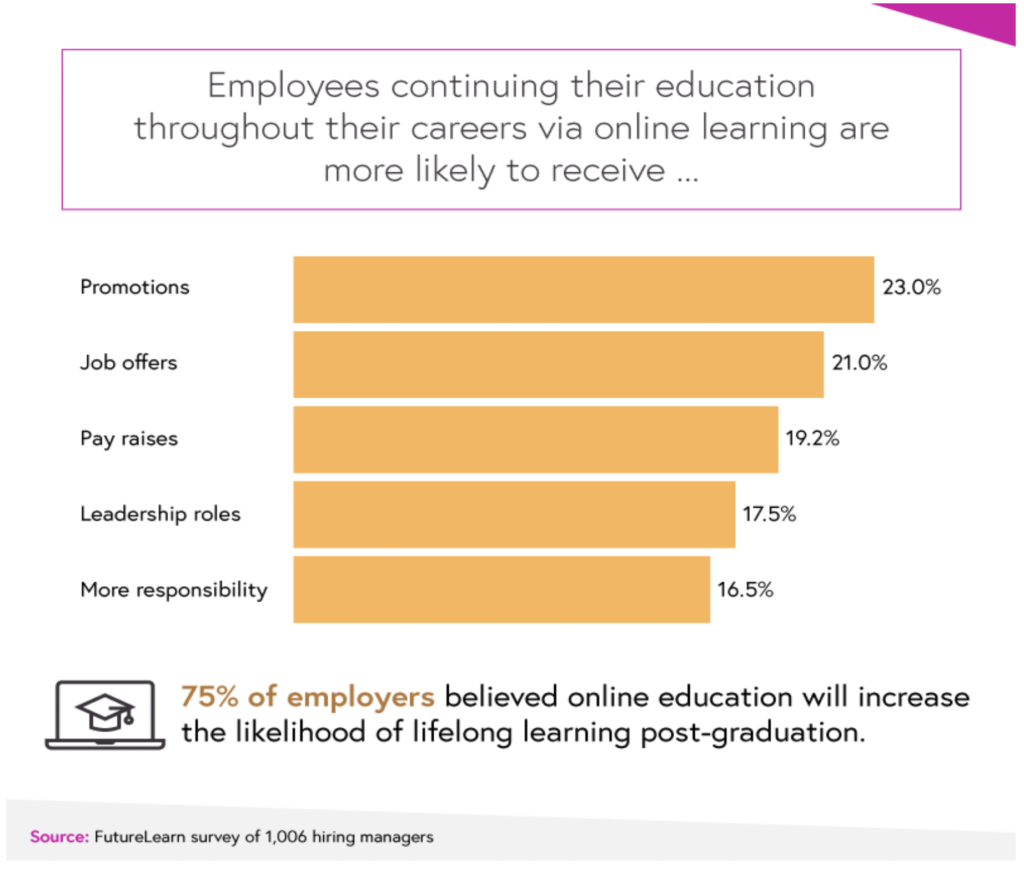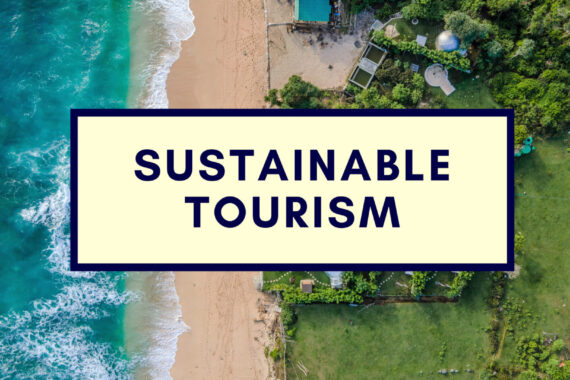“In 2023, and beyond, up skilling of talent in an environment driven by technology will be mission critical” – Puneet Gupta, NetApp
By now, you must have already heard of the almost wizard-like capabilities of Chat GPT – an AI (Artificial Intelligence) tool that can answer any question like an intelligent human being. Chat GPT has passed law and medicine exams, has written software programs and has even created travel plans and schedules.
As a professional in the travel industry, you need to be flexible, innovative and have problem-solving skills to deal with unpredictable economic and tourism trends. Now we need to add – highly knowledgeable – to this list, because customers will be using the latest technology to get more information and we need to keep ourselves one step ahead.
So how can I as a travel professional ensure that my career reaches great heights?
By using the power of E-learning, we can quickly get the information that we need, anywhere and at any time. It gives us
- The necessary skills & knowledge for growth & success in the tourism sector
2. New opportunities for small and medium-sized travel businesses
Courses on the travel industry, introduction to international tourism & travel law, AI in hospitality, branding, sustainable development are currently some of the most popular courses online for the travel industry.
Is E-learning suitable for what I do?
It is not an exaggeration to say that every domain in our industry needs to keep itself on the cutting edge. E-learning courses can be specifically designed for the needs of different domains & organizations to help them achieve their business goals. Some of these domains include
- Travel Booking Portals & Online Travel Aggregators
- Regional/National/Private/Public/Leisure/Business/Group Travel Destination Marketing Organisations
- MICE/Travel Agencies & Group Travel Companies
- Destination Managers for cruises, adventure, medical, leisure, heritage & eco-tourism locations
- Travel Bloggers & Vloggers
- Exhibition & Convention Centres
- Restaurants, Resorts, Homestays, Hotels, Serviced Accommodations, Guest Houses, Cottages, Villas & Holiday Homes
- Tourist, Activities & Experiences Attractions & Gift Shops
- Transport Service Providers – Air/Road/Water/Railways
- Organizers of Fairs, Exhibitions, Cultural Events & Business Conferences
Types of E-travel Courses
Depending on your requirements and your domain you can choose to take E-learning courses from one or more of these general categories
Skill Improvement: As a travel professional, excellent communication, negotiating skills, attention to detail & ability to generate sales are some of the important business skills on your resume. There are several courses designed to improve these skills with important tips and tricks on how we can leapfrog to the next level.
Destination Knowledge: The travel market is constantly evolving with new destinations getting famous suddenly, as travellers look out for exciting places and celebrities find new hangouts. We need to stay ahead of the curve by learning about them in real-time. This knowledge can help you to delight customers and ensure repeat business since they will rely on your knowledge for their next trip as well.
Hotel Insights: Your customers want you to turn their dream into reality at an affordable price and hotels are a key component of their travel plans. There is a huge array of hotel options in any destination, each with its pluses & minuses in terms of location, comfort, budget and a host of other parameters. By educating yourself on the different options, you can deliver the right strategies & help your customers to get a perfect balance while booking a hotel.
Experiences: No more are we just responsible for putting together the nuts and bolts of a vacation. Customers now are looking at us to give them unforgettable experiences, on a global level. So we need to factor in not just the logistics but also understand the local cultures, their important festivals, and best times to visit so that we can design a unique experience that brings together all these aspects.

Benefits of E-learning for Tourism Professionals
Some of the benefits of E-learning are–
- Significant cost savings compared to face to face training. Also, online learning is no longer considered less valuable than in person training.
- You consume information in smaller, more digestible chunks. This makes it easier to consign things to memory and understand how concepts interact with each other.
- Reduced training time means you spend more time doing your primary role at the office. With micro learning you can keep yourself updated by just taking out just 15 minutes a day from your regular work.
- It helps you stay up to date with best practices and developments in the industry. Concepts like Bleisure travel (business travel combined with leisure) & automated on trip notifications and alerts help you distinguish your offerings from others in the market.
In conclusion, in today’s fast changing travel landscape, E-learning has now become almost a necessity, to ensure that we remain relevant and so that we can give our customers the best results.







